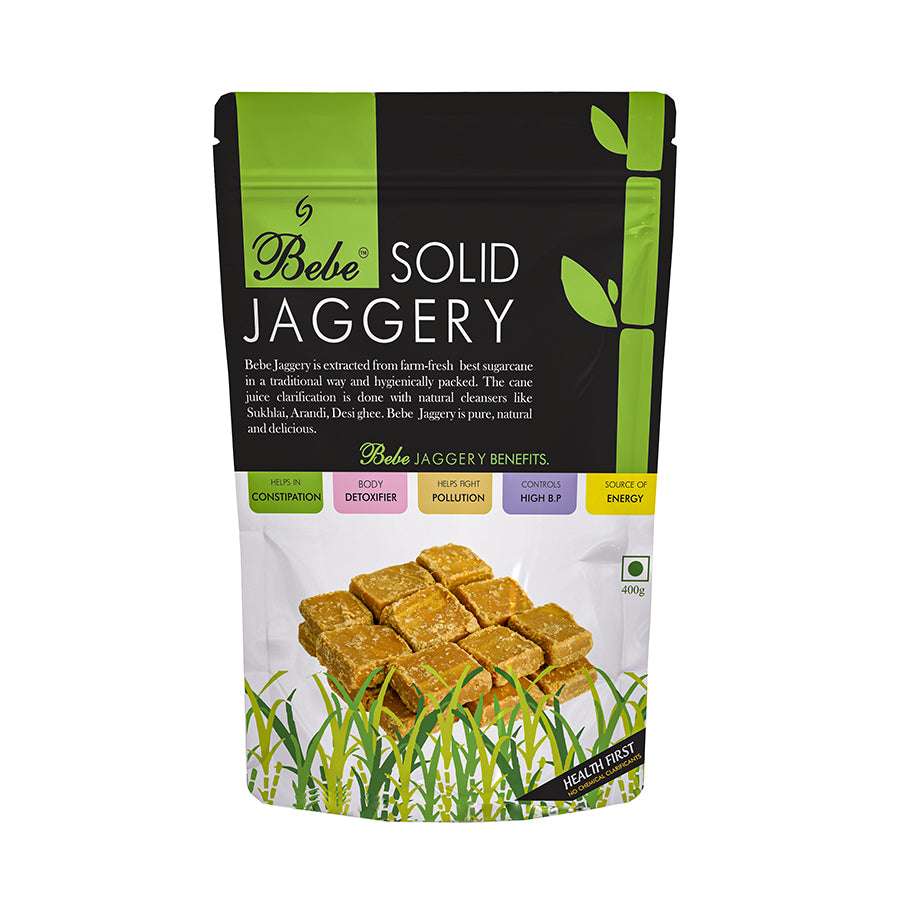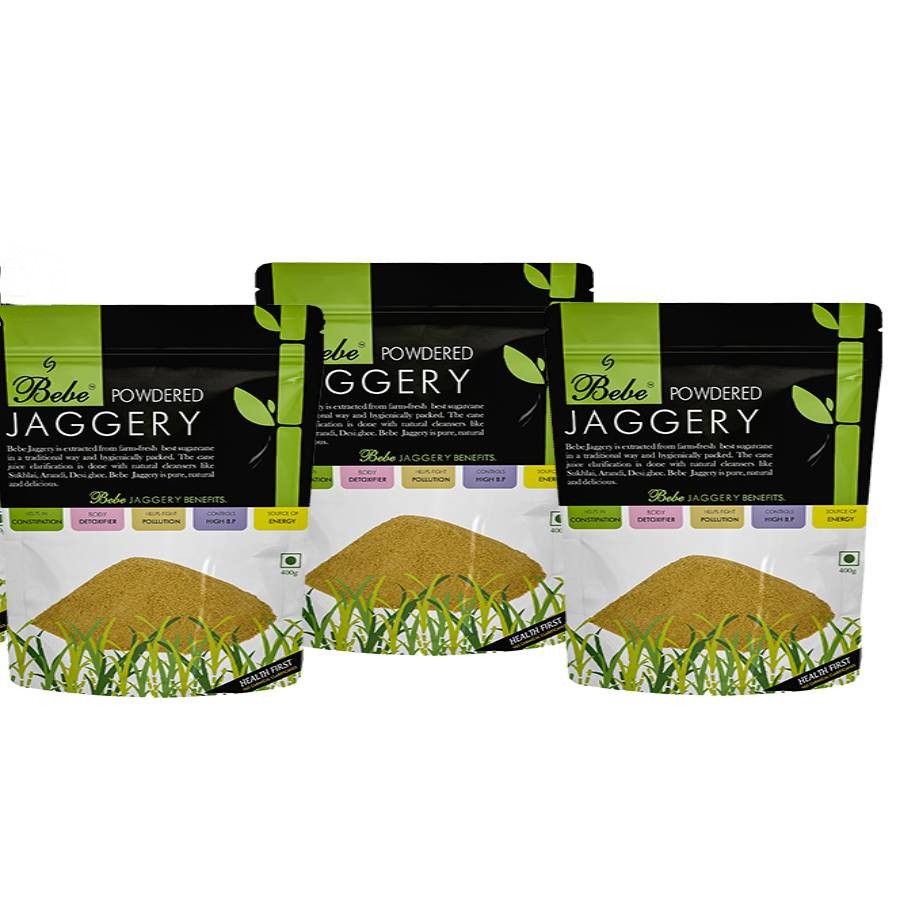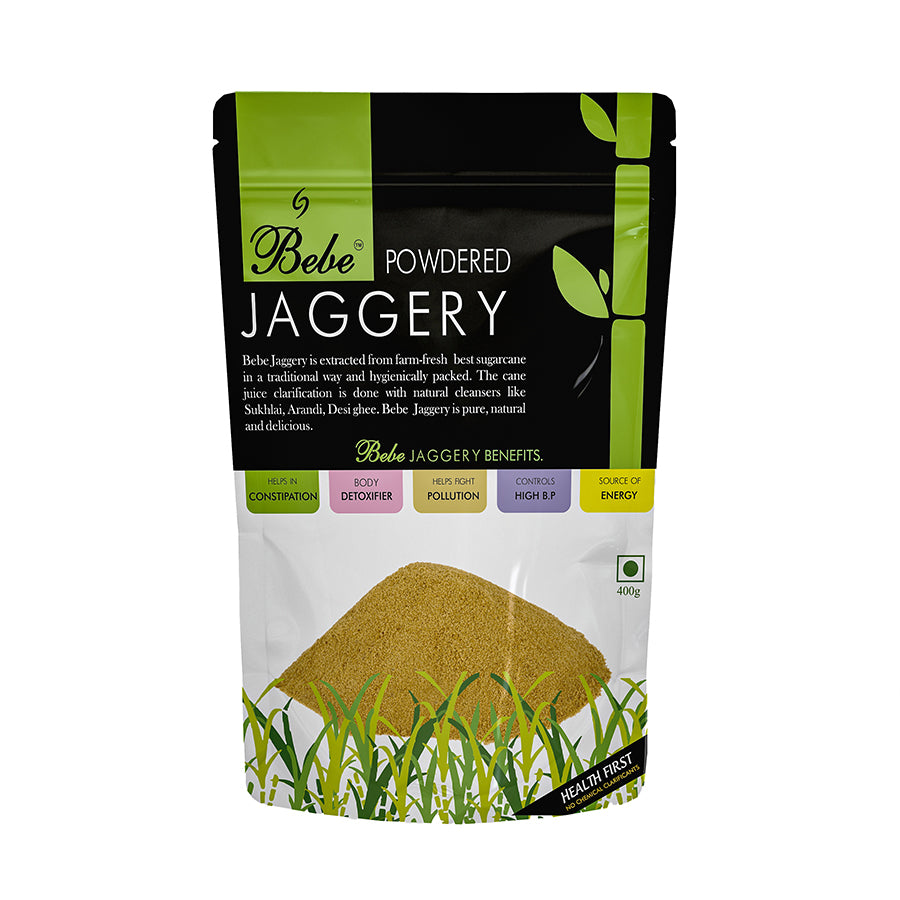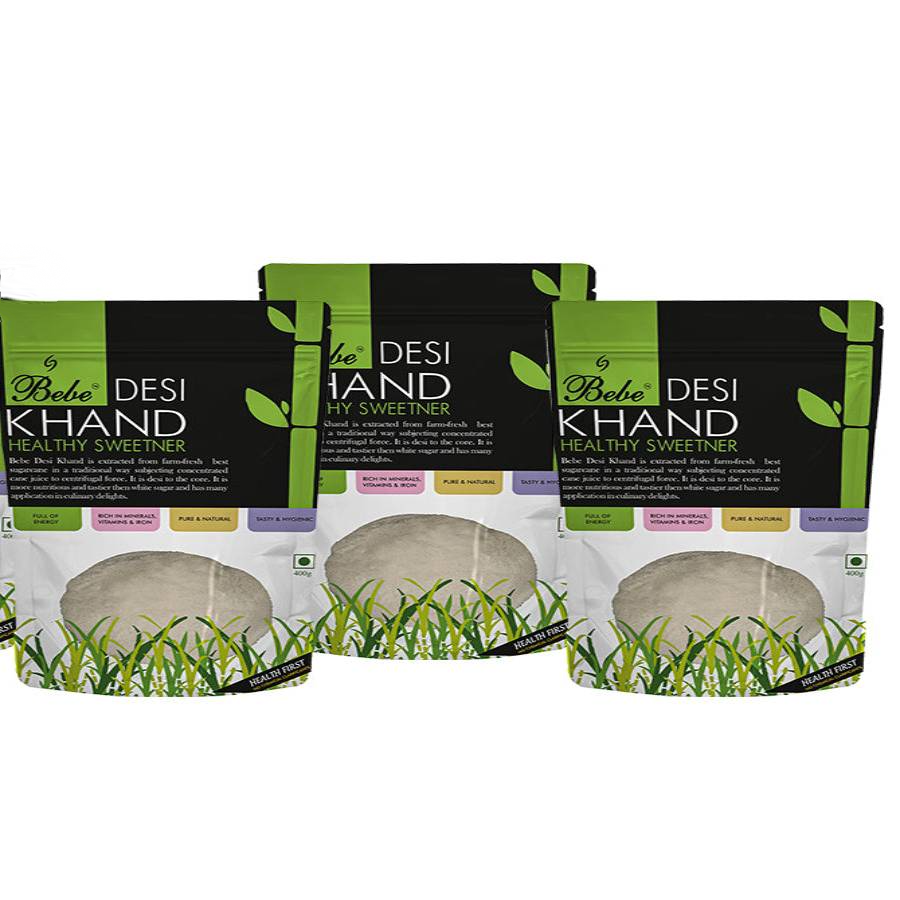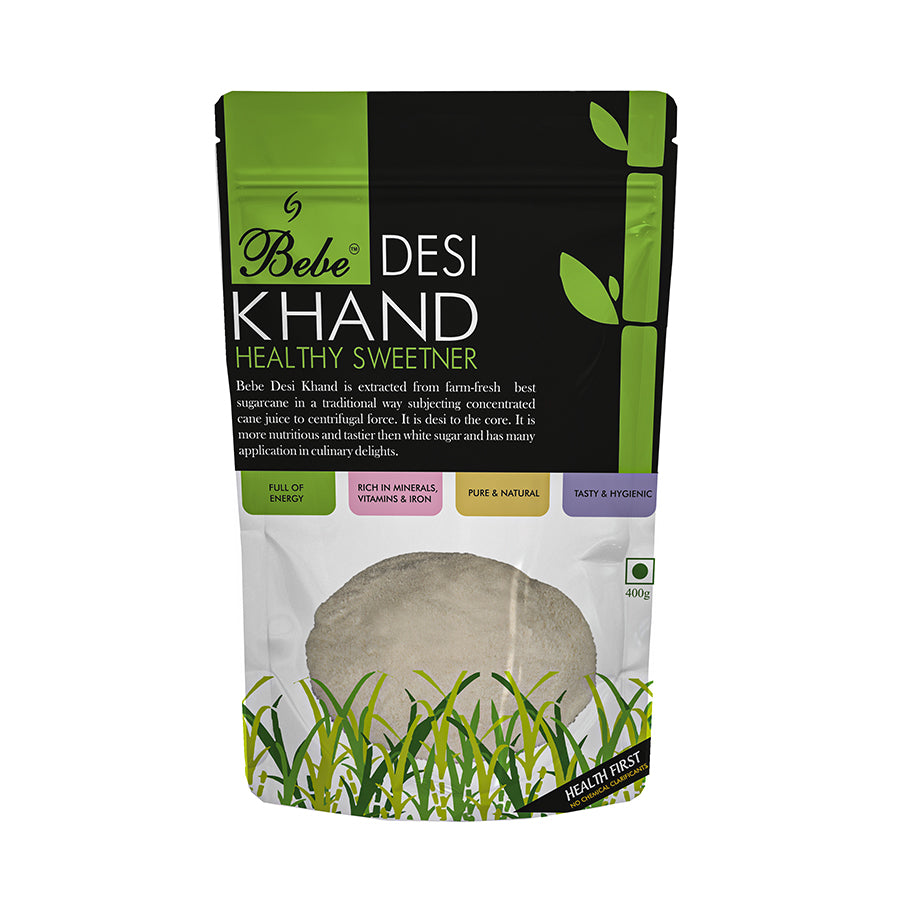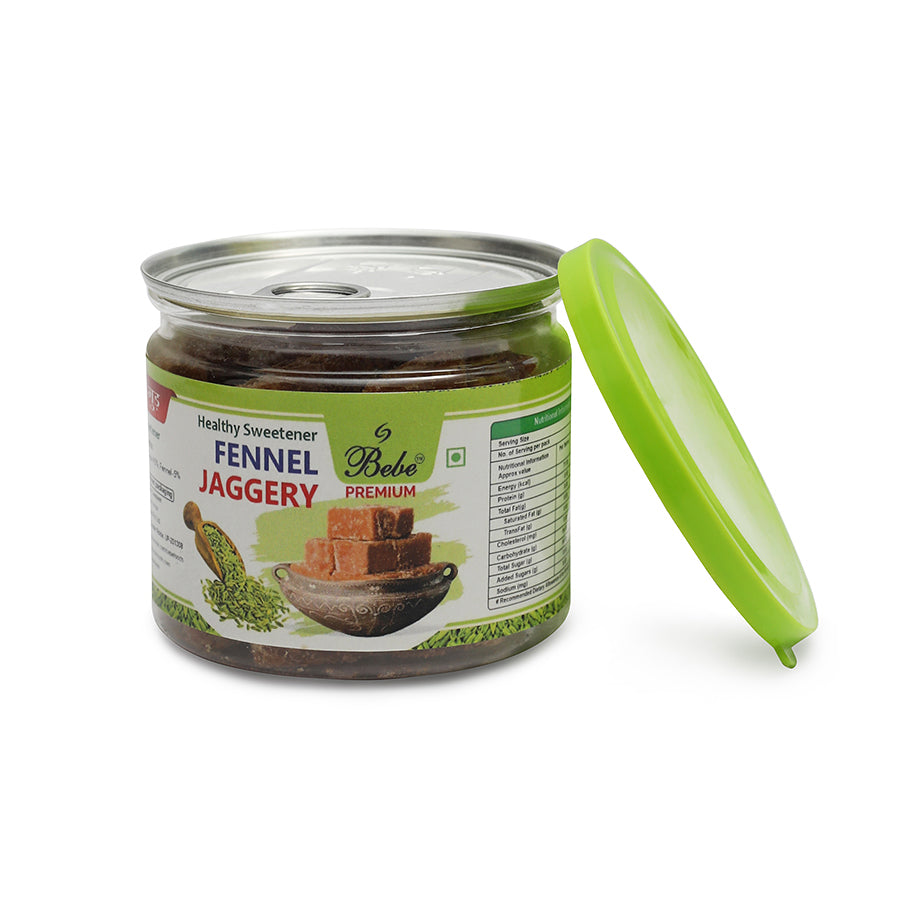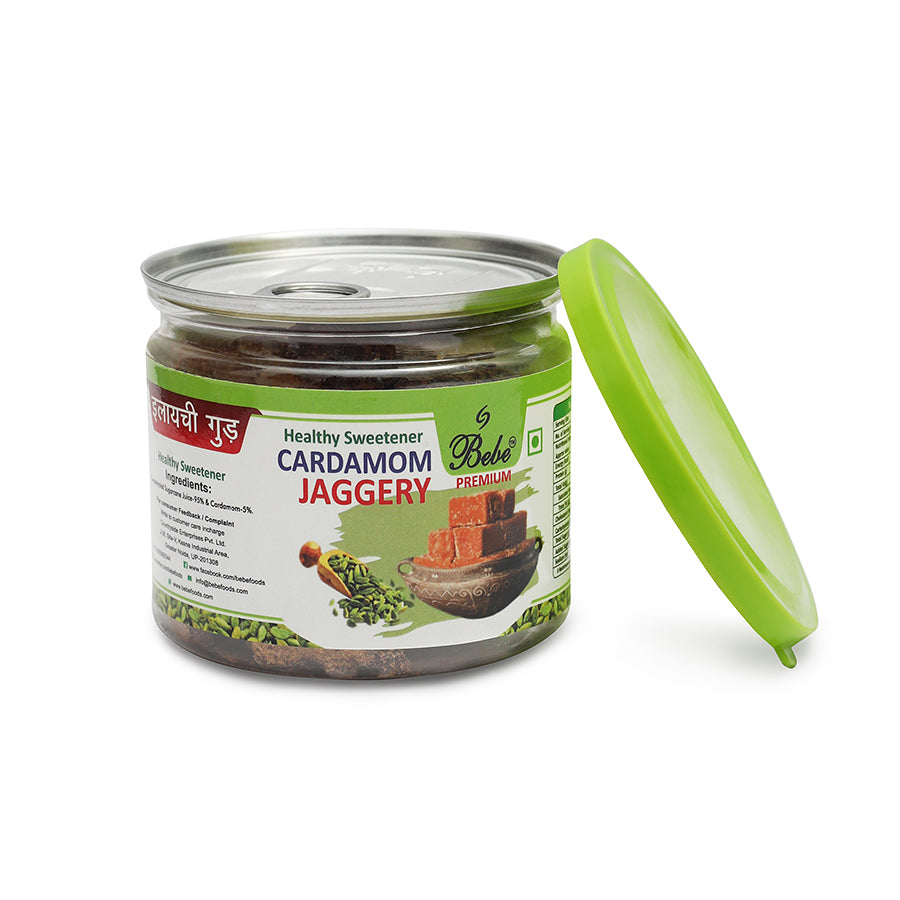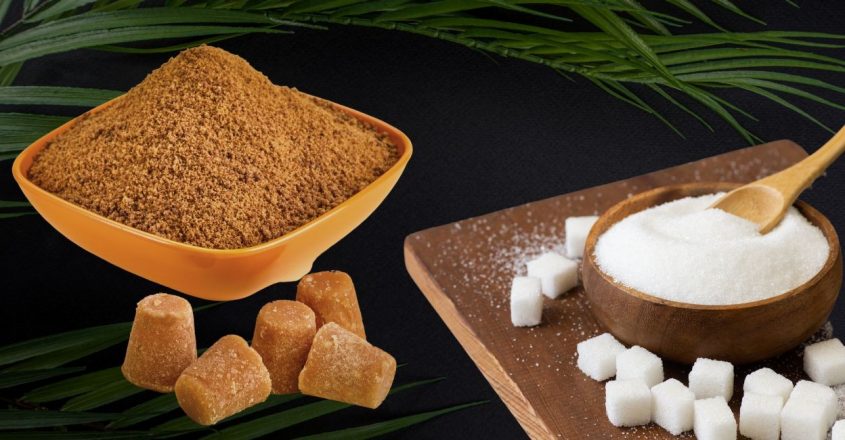
Why Jaggery is Better than Sugar

In the realm of sweeteners, two contenders stand out: the familiar granulated sugar and the lesser-known, traditional jaggery. While both serve the common purpose of sweetening our foods and beverages, they differ significantly in their origins, processing, and health benefits. In recent times, there has been a growing awareness of the potential health advantages of jaggery over sugar. In this article, we will explore the reasons why jaggery emerges as a superior alternative to sugar.
- Natural Goodness
Jaggery, often referred to as "gur" in India, is an unrefined sweetener made from sugarcane juice or palm sap. It undergoes minimal processing, retaining more of its natural nutrients. In contrast, sugar, whether it's white or brown, undergoes a rigorous refining process that strips away its natural components, leaving behind empty calories.
- Nutrient Density
One of the key advantages of jaggery is its rich nutrient profile. It is a powerhouse of essential minerals like iron, potassium, and magnesium. These minerals play pivotal roles in various bodily functions, from oxygen transport to muscle function. On the other hand, sugar lacks these nutrients, offering only empty calories that provide a quick spike in energy followed by a crash.
- Digestive Health
Jaggery contains fiber, which aids in digestion and prevents constipation. This natural fiber content slows down the absorption of sugar and, consequently, prevents sudden spikes in blood sugar levels. In contrast, refined sugar lacks fiber, causing rapid spikes and crashes in blood sugar levels, which can lead to diabetes and other metabolic disorders.
- Blood Purification
Jaggery is known for its blood-purifying properties. It helps cleanse the liver by flushing out toxins from the body. The iron content in jaggery also helps prevent anemia. Sugar, on the other hand, provides no such benefits and can actually contribute to the accumulation of harmful substances in the body when consumed excessively.
- Glycemic Index
The glycemic index (GI) is a measure of how quickly a food raises blood sugar levels. Jaggery has a lower GI compared to sugar. This means it is metabolized more slowly, providing a sustained release of energy rather than a rapid spike. This property makes it a better option for individuals looking to manage their blood sugar levels.
- Rich in Antioxidants
Jaggery contains antioxidants that help fight harmful free radicals in the body. These antioxidants contribute to a stronger immune system and can help protect against various chronic diseases. Sugar, being devoid of these antioxidants, offers no such protective benefits.
- Alkaline in Nature
Jaggery is alkaline in nature, which helps balance the body's pH levels. This is crucial for maintaining overall health and preventing the development of acid-related conditions. Sugar, on the other hand, tends to be acidic, potentially disrupting the body's natural pH balance.
- Sustainable and Environmentally Friendly
Jaggery production is generally considered more sustainable and environmentally friendly compared to sugar production. Sugarcane farming often involves the heavy use of pesticides and synthetic fertilizers, which can have detrimental effects on the environment. In contrast, jaggery production tends to be more organic and eco-friendly.
- Culinary Versatility
Jaggery's unique flavor profile, characterized by its deep, earthy notes, adds a distinct richness to various dishes. It is widely used in traditional cuisines around the world, contributing to a diverse range of culinary experiences. Sugar, while undoubtedly versatile, lacks the nuanced flavor profile that jaggery offers.
- Cultural Significance
Jaggery holds cultural significance in many regions, particularly in South Asia. It is often used in religious ceremonies, traditional medicines, and festive celebrations. This cultural connection not only enriches culinary experiences but also highlights the deeper historical roots of jaggery as a valued sweetener.
- Weight Management and Satiety
One of the primary concerns with sugar consumption is its association with weight gain and obesity. The empty calories in sugar provide little to no nutritional value, leading to overconsumption without a feeling of fullness. In contrast, jaggery's fiber content promotes a sense of satiety, helping to control appetite and prevent excessive calorie intake. This can be particularly beneficial for those striving to maintain a healthy weight.
- Reduced Risk of Dental Issues
Excessive sugar consumption is a well-known contributor to dental problems, including cavities and tooth decay. The bacteria in the mouth thrive on sugar, leading to the production of harmful acids. Jaggery, while still a sweetener, is less refined and lacks the same level of sucrose that promotes tooth decay. Additionally, its minerals, like calcium and phosphorus, can contribute to maintaining healthy teeth and gums.
- Hormonal Regulation
Jaggery contains trace elements like zinc and selenium, which play vital roles in hormonal regulation. These minerals are crucial for the proper functioning of the endocrine system, which controls the release of hormones in the body. In contrast, sugar lacks these essential micronutrients and does not offer the same benefits for hormonal balance.
- Management of Respiratory Disorders
In traditional medicine systems like Ayurveda, jaggery has been used to alleviate respiratory issues. It is believed to help in treating conditions like asthma, bronchitis, and allergies. Its natural composition and the presence of certain medicinal properties are thought to contribute to its effectiveness in this regard.
- Natural Remedy for Menstrual Disorders
For women experiencing menstrual disorders, jaggery is often recommended as a natural remedy. Its iron-rich content can help alleviate symptoms of anemia and provide an energy boost during menstruation. Additionally, it is believed to aid in reducing cramps and other discomfort associated with this natural bodily process.
- Improved Skin Health
The antioxidants present in jaggery help combat free radicals, which are known to accelerate the aging process and contribute to skin issues. Regular consumption of jaggery, in moderation, can lead to healthier, more radiant skin. In contrast, excessive sugar intake can lead to skin problems like acne and premature aging.
- Lesser Environmental Impact
The production of jaggery generally involves fewer resources and has a smaller environmental footprint compared to the extensive processing required for sugar. Additionally, jaggery can be produced from a variety of sources, including sugarcane, date palms, and coconut sap, offering diverse and sustainable options for sweetening.
- Reduced Risk of Metabolic Disorders
Regular consumption of refined sugar has been linked to an increased risk of metabolic disorders like obesity, diabetes, and heart disease. The high fiber content and lower glycemic index of jaggery make it a better choice for individuals looking to manage or prevent these conditions.
CONCLUSION:
In conclusion, while both jaggery and sugar serve as sweetening agents, the former emerges as the healthier, more nutritious choice. Its natural processing, higher nutrient content, and numerous health benefits make it a superior alternative to refined sugar. By incorporating jaggery into our diets, we not only satisfy our sweet cravings but also nourish our bodies with essential nutrients and promote overall well-being. So, the next time you reach for a sweetener, consider making the switch to jaggery and experience the natural goodness it has to offer.



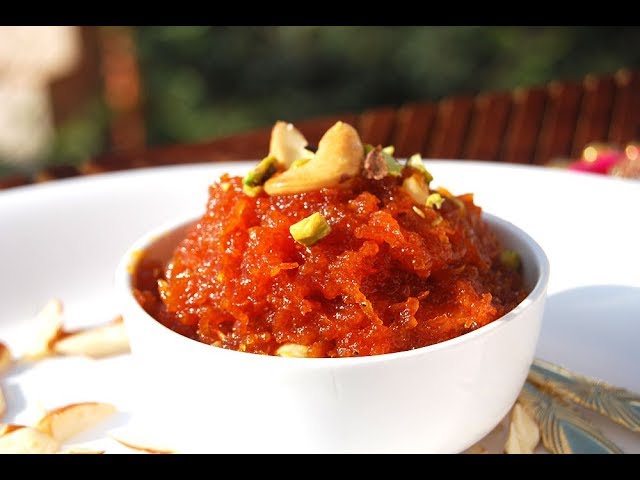




![Bebe Jaggery Sachets 600g, [150g x 4 packs]](http://bebefoods.com/cdn/shop/files/1.jpg?v=1717235899)
![Bebe Jaggery Sachets 600g, [150g x 4 packs]](http://bebefoods.com/cdn/shop/files/2.jpg?v=1717235899)
![Bebe khand Sachets 600g [150g x 4 packs]](http://bebefoods.com/cdn/shop/files/2_65987286-ab77-44db-9cae-69ac50e920a4.png?v=1750527284)
![Bebe khand Sachets 600g [150g x 4 packs]](http://bebefoods.com/cdn/shop/files/4_295f1632-1a69-4fcb-aa69-1172c2928b52.png?v=1750527252)

